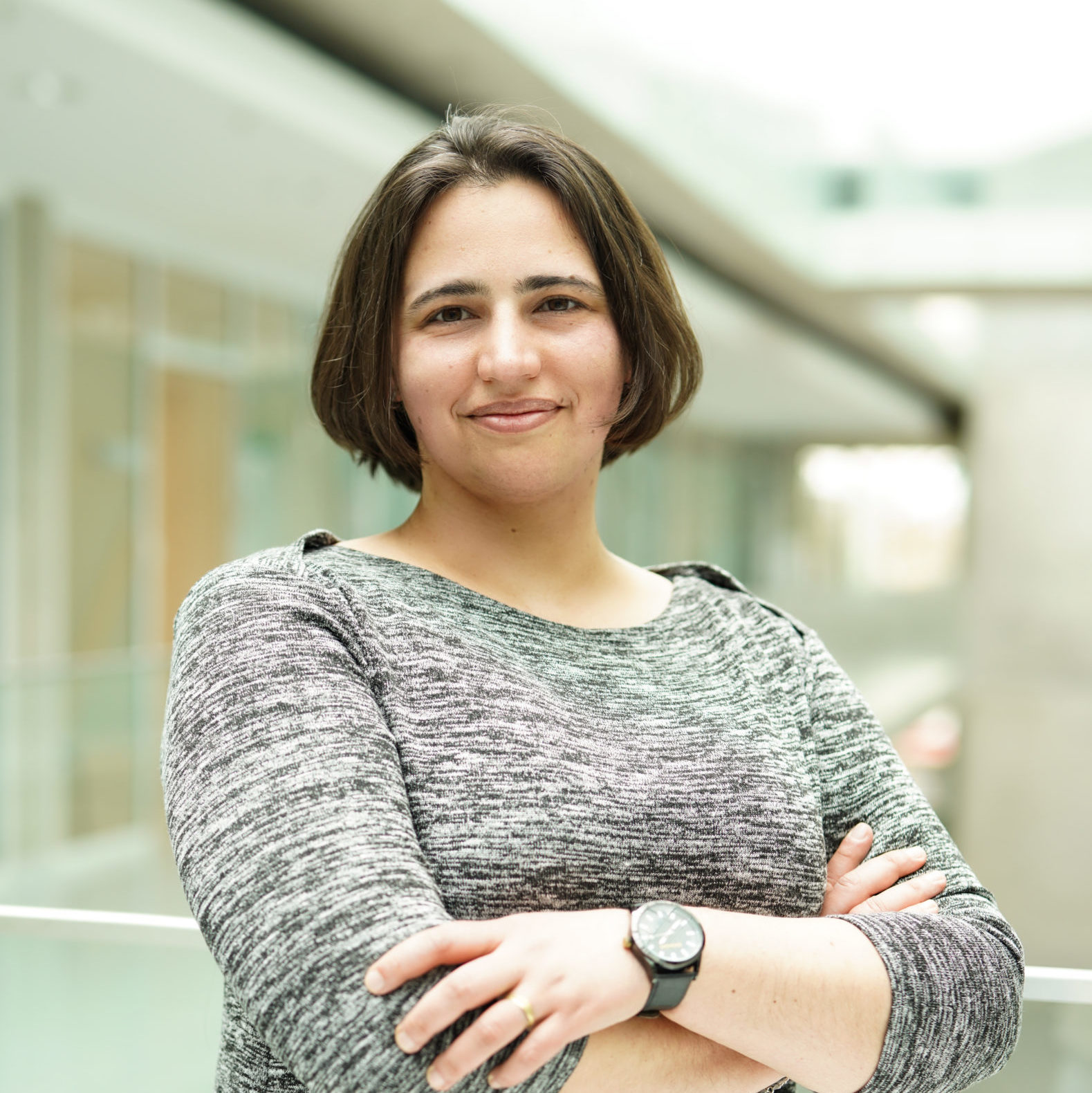Dalia Čalnerytė is an associate professor at KTU Faculty of Informatics and a researcher of the research “Multidisciplinary models” group. D. Čalnerytė obtained a doctoral degree in computer science in the field of physical sciences in 2017. The researcher’s research areas are numerical system models, intelligent decision-making algorithms, optimization, and multidisciplinary models.
In ongoing scientific research and experimental development projects, D. Čalnerytė improves and applies artificial intelligence methods (image analysis, time series analysis, and clustering, optimization, machine learning), participated in several institutional research and R&D projects that applied and improved image analysis, time series analysis, and clustering, optimization, machine learning algorithms.


